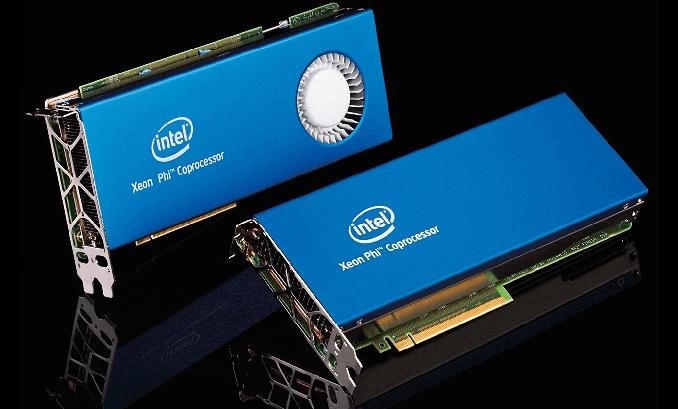The Xeon Phi product line, intel's important computing card in the past, is gradually being abandoned by Big Blue. Recently, as many as 8 Xeon Phi computing cards have been announced to enter the discontinuation process.

All eight models of the Xeon Phi x200 series are included in the discontinuation schedule. Code-named Knight Landing, the series has 64 to 72 computing cores, features a socket CPU-style design, and sells for between $1,881 and $3,368 per unit.
Xeon Phi is a coprocessor equipped with supercomputers, China's Tianhe-1 and Tianhe-2 computers have been equipped with Xeon Phi from Intel for many consecutive years to dominate the world's top 500 supercomputers (2013-2015).
Since the U.S. banned the export of Zhiqiang XEON chips to China's supercomputing center in April 2015, the Tianhe-2 upgrade has been blocked due to Intel's inability to continue to deliver Xeon Phi processors. But since then, the Sunway Taihu Light supercomputer, which uses China's own chips, has continued to dominate the TOP500 list until June this year.
Today, without China, a big country that invests in supercomputers, the fate of Intel Xeon Phi is also in decline. Intel had planned to use the 10nm process to manufacture the new Xeon Phi, code-named Kinight Hill, but due to sluggish market demand, Intel eventually abandoned the plan.
Intel poached Raja Koduri from AMD to work on a standalone GPU project, but the project has the potential to evolve into a successor to Xeon Phi, but it will take at least 2019 to bear fruit.